Infertility and Infertility Treatment in India
Most people have a strong desire to conceive a child at some point in their life. Approximately 85 per cent of the couples achieve pregnancy within one year of trying. Additionally, 7% per cent of the remaining conceives within the second year of trying. As a result, infertility is defined as the inability to conceive within 12 months.
Infertility treatment refers to the medication given to the patient’s who have problems in bearing a child. So, medical assistance is given to such couples to cure the condition of infertility. This type of medical treatment to aid reproductive functions is becoming popular day by day.
What is Infertility?
When a couple faces problems in having a baby or the inability to conceive naturally is called infertility. The problem is in either men or women or both.
Causes of Infertility

In a normal reproduction process, proper interaction of the male reproductive system and the female reproductive system is required. The causes of infertility of both men and women can be:
- Age-related factors
- Sperm causes
- Unexplained infertility
- Tubal causes
- Ovulation problems
Infertility Treatment
1. Semen/Sperm freezing for infertility
Semen/Sperm are stored frozen at ultra-low temperatures for a long duration that is useful in various conditions of infertility.
2. Ovulation induction for infertility treatment
It is done when the female has irregular ovulation- a condition of infertility. Medication is given for regulating the ovulation cycle and improving the egg quality. Commonly used are HMG, Clomiphene Citrate, purified and recombinant FSH.
3. Assisted Hatching for infertility treatment
It is a process of promoting hatching or implantation of embryos that are unable to escape intact from the zona pellucida.
4. TESA (Testicular Sperm Aspiration)
It is a surgical sperm harvesting technique.
5. Embryo Freezing Excess (Surplus) for infertility
Embryos are Cryo-preserved at ultra-low temperatures for years to be used subsequently.
IVF (Invitro Fertilization) for Infertility Treatment
IVF is a type of assistive reproductive technology (ART) for infertility treatment in which the egg is combined with the sperm outside the human body, in vitro. The fertilized egg is called is known as an embryo. The embryo is then frozen for storage and later transferred to the woman’s uterus.
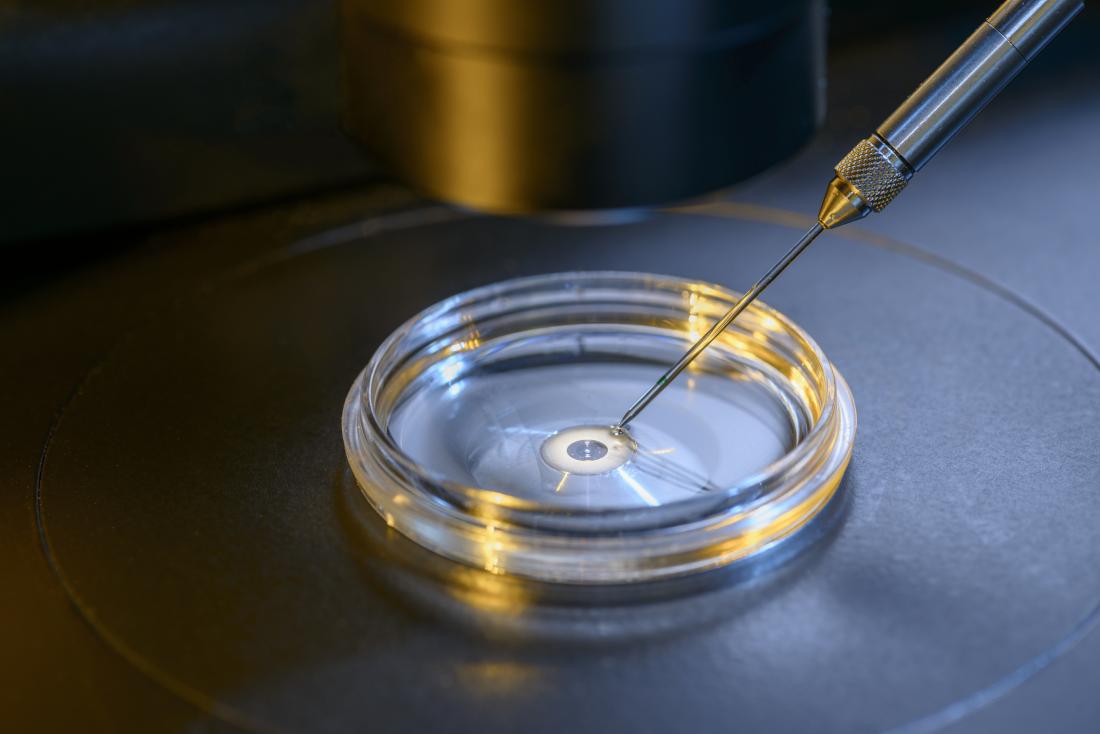
Depending upon the situation, IVF can use:
- Donated embryos
- Your eggs and your partner’s sperm
- Donor eggs and your partner’s sperm
- Donor eggs and donor sperm
- Your eggs and donor sperm
IVF Candidate for infertility Treatment
For the women who are not able to conceive through regular unprotected intercourse or after 12 cycles of artificial insemination, IVF is ideal for them.
IVF can be an option of infertility treatment if:
- The woman's fallopian tubes are blocked
- Other techniques, such as the use of fertility drugs or intrauterine insemination (IUI), have not worked
- Either partner has received a diagnosis of unexplained infertility
IVF Success Rate for infertility treatment
- 1.9 percent for women aged over 44 years
- 5 percent for women aged 43 to 44
- 13.6 percent for women aged 40 to 42 years
- 20.8 percent for women aged between 38 to 39 years
- 27.7 percent for women aged between 35 to 37 years
- 32.2 percent for women aged under 35 years
These statistics vary depending upon where IVF procedure is done.
Factors that may affect IVF success rate for infertility treatment
Apart from age, the likelihood of success depends on factors including:
1. Embryo Quality
Embryos with genetic or chromosomal problems are extremely weak and they do not work for infertility treatment
2. Implantation Problems
In many cases when IVF fails, the reason is poor implantation. It is because the growth of embryo stops if the eggs are transferred carelessly. Implantation problems are faced by 50 percent of patients
3. Patient’s age
With increasing age such as above 40, success rates decrease widely in IVF.
4. Ovarian Response
In a few cases, ovaries do not respond well to IVF medications. As in the case of a female who cannot produce multiple eggs in response to IVF injections.
If you are planning to have a baby through IVF then, IVF Predict provides an online calculator to give you some idea about how likely IVF is to be successful.
Steps for IVF for infertility treatment
There are five steps to IVF:
1. Ovarian Stimulation
The first step is called stimulation, also called super ovulation where medicines are given to the woman to boost egg production. Usually, only one egg is produced per month but these medicines boost the production of eggs and multiple eggs are released. The women undergo transvaginal ultrasounds to examine the ovaries and blood tests are done to keep a check on the hormonal levels.
2. Egg Retrieval
A minor surgery is carried out to extract the eggs from the woman's body. If the woman is not able to produce eggs, then the donated eggs are used for further procedure.
3. Insemination
The third step comprises of insemination and fertilization. The sperm and best quality eggs are placed together and this procedure is called insemination in an environmentally controlled chamber. The sperm generally fertilizes with the eggs after few hours of insemination. In some cases, if the doctor feels that the chances of fertilization are less, the sperm is directly injected into the egg. This is called Intracytoplasmic Sperm Injection (ICSI).
4. Embryo Culture
When the egg fertilizes, it becomes an embryo. The embryo is examined in the laboratory to make sure if it’s growing properly. If any abnormality is seen in the embryo, that may cause disorder in the child, laboratory scientists remove the single cell that is responsible for the disorder.
The fifth and the last step is embryo transfer. The embryo is placed into the woman’s womb 3 to 5 days after egg retrieval and fertilization. A thin tube (catheter) containing the embryo into the woman’s vagina through the cervix, up into the womb.
IVF Risks for infertility treatment:
Side effects of medication
Some women may have reactions to the medications that are given during treatment. The possible side effects of IVF drugs include:
- Difficulty breathing
- Irritability
- Nausea and vomiting
- Hot flashes
- Enlargement of the ovaries
- Abdominal pain
- Difficulty sleeping
Pregnancy Loss
Whether the conception is natural or through IVF, the leading cause of loss of a pregnancy is an abnormal number of chromosomes also known as chromosomal aneuploidy.
Multiple Births
There is a higher chance of having twins and triplets or more babies when more than one embryo is transferred into the mother’s womb.
Pregnancies with more than one fetus can result in:
- A significant increase in the mother's blood pressure
- Preterm birth or low birth weight
- Double the mother's risk of developing diabetes
What is the difference between the test tube baby and IVF?
There isn’t any difference between the test tube baby and IVF. IVF helps people with infertility problems. The father’s sperms and mother’s egg are fertilized in a test tube clinically by an expert, therefore the baby conceived is called test tube baby.
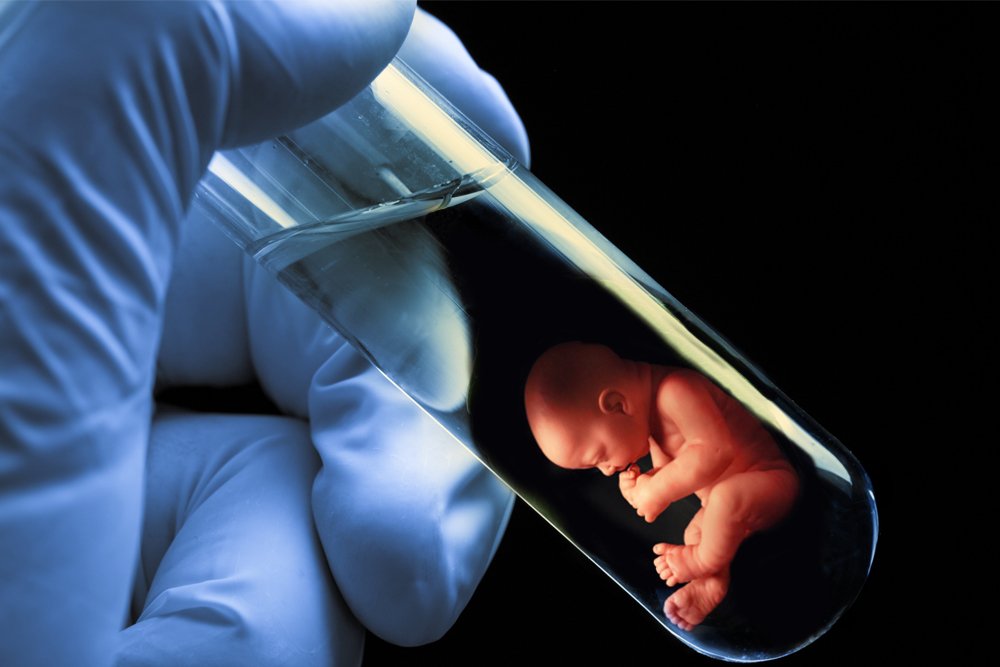
Facts about in-vitro fertilization (IVF) for infertility treatment:
- There is a higher chance of multiple births with IVF
- In-vitro fertilization (IVF) can help achieve pregnancy when other treatments have not worked
- One per cent of babies born in the United States are conceived through IVF
- The process involves fertilizing an egg outside the body and implanting it to continue the pregnancy
IVF Cost in India for Infertility Treatment
“It always seems impossible until it's done”
Due to the availability of skilled and experienced doctors, India is now gaining popularity for infertility treatments. As compared to other countries, the In vitro fertilization cost in India is comparatively low. For most patients, IVF is the most effective treatment for infertility, but it is very much underutilized. Choose IVF treatment in India through CureIndia as then otherwise costly procedure will prove to be quite affordable, for you with the success rate of 40 to 45 per cent (depends on the condition of the individual). We can arrange a free consultation for you with top doctors from our connected hospitals.
Intrauterine insemination (IUI) for infertility treatment
Intrauterine insemination (IUI) or artificial insemination (AI) is a fertility treatment in which the sperm is directly introduced directly into the uterine cavity. This is done around the time of ovulation so that chances of pregnancy get high.
During natural conception, the sperm has to travel from the vagina through the cervix into the uterus, up to the fallopian tubes. But in IUI, the sperms are concentrated and placed directly into the uterus to increase the chances of pregnancy.
Who does IUI help?
IUI is relatively less-expensive and fertility treatment compared to (in vitro fertilization) IVF. In some cases, IUI may be the only treatment needed to achieve pregnancy and it is done before progressing to IVF. IUI is done using a male partner’s sperm or donor sperm in the following scenarios:
- Low sperm count
- Unexplained infertility
- Same-sex couples wishing to conceive
- Issues with ejaculation or erection
- A couple wanting to avoid passing on a genetic defect from the male partner to the child
- Issues with the cervix or cervical mucus
- Mild endometriosis
- A single woman wishing to conceive
- Decreased sperm motility
IUI for infertility treatment isn’t effective in the following scenarios:
- Women who have had multiple pelvic infections
- Men who produce no sperm (unless the couple wishes to use donor sperm)
- Women who have had both fallopian tubes removed or have both fallopian tubes blocked
- Women with severe fallopian tube disease
- Women with moderate to severe endometriosis
Does IUI hurt?
The IUI procedure takes only a few minutes and it doesn’t hurt. Some mild discomfort can be experienced or you may experience cramping. But the discomfort is temporary and it is gone by the end of the procedure.
ICSI (Intra Cytoplasmic Sperm Injection) for infertility treatment
ICSI is a procedure of in vitro fertilization in which a single cell sperm is directly injected into the cytoplasm of the egg through a catheter.
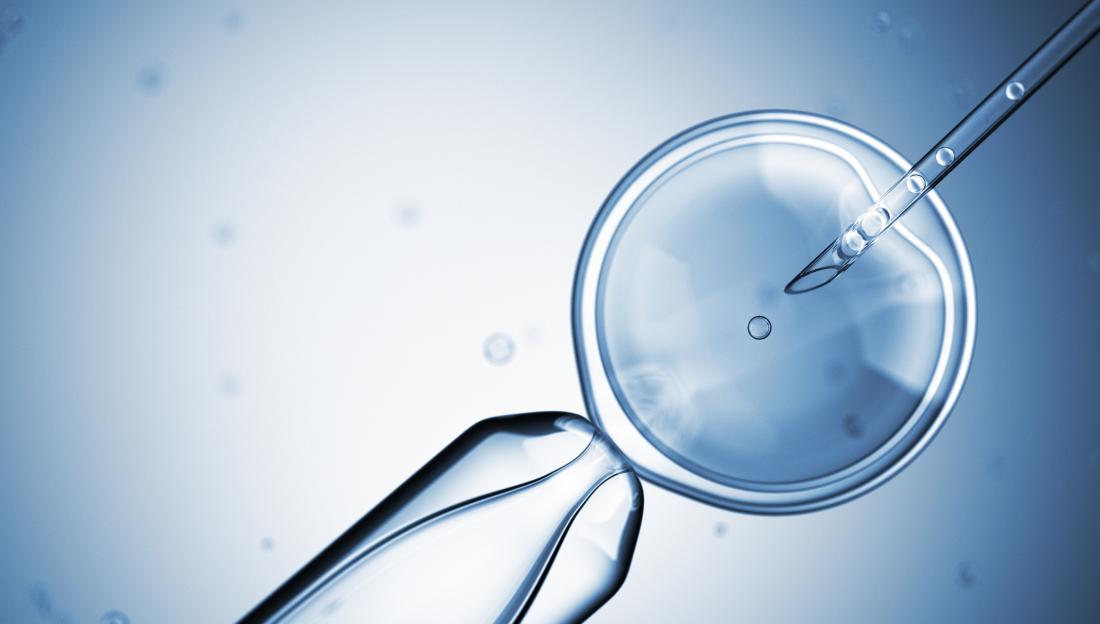
How ICSI is different from IVF?
ICSI is quite similar to conventional IVF as it involves the interaction of gametes (egg and sperm). The difference between two procedures is that in conventional IVF, the eggs and sperms are mixed together in a Petri dish so that the sperm can fertilize the egg ‘naturally’. However, in ICSI treatment the sperm is directly injected into the cytoplasm of the egg that increases the chances of fertilization.
Apart from that, ICSI is very helpful in cases where the sperm count is low. As the number of suitable sperm available is comparatively less, or in the case where other factors are preventing fertilization, conventional IVF is not a good option. ICSI can provide hope for such couples.
Who is ICSI suitable for?
- Circumstances in which ICSI may be appropriate include:
- When the sperm cannot move properly or are in other ways abnormal
- When the sperm count is very low
- When sperm has been retrieved surgically from the epididymis (MESA/PESA) or the testes
- When there are high levels of antibodies in the semen
- When there has been a previous fertilisation failure using conventional IVF.
- (TESE/TESA), from urine or following electro-ejaculation
What does ICSI for infertility treatment involve?
From a patient perspective, undergoing an ICSI treatment cycle is exactly the same as a conventional IVF cycle, which includes:
What is ICSI Success Rate for infertility treatment?
The success rate of ICSI for infertility treatment varies from patient to patient, particularly on the age of the woman. But on an average 25% of the cases get positive results after one attempt of ICSI.
Cost of Infertility Treatment in India
Choose infertility treatment in India through CureIndia as then otherwise costly procedure will prove to be quite affordable, for you with the success rate of 40 to 45 per cent (depends on the condition of the individual). We can arrange a free consultation for you with top doctors from our connected hospitals.
Let’s look at the services provided by CureIndia to the patients who are seeking infertility treatment in India:
- Free consultation with a top fertility doctor in India
- Identity will stay confidential of the patient
- A medical coordinator is provided throughout the treatment
“It always seems impossible until it's done” So, stop thinking and connect with CureIndia for all infertility related issue.









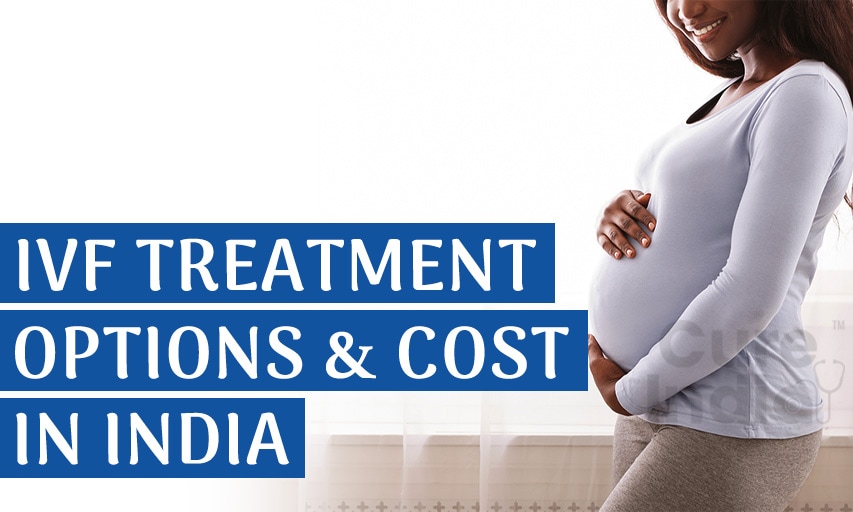



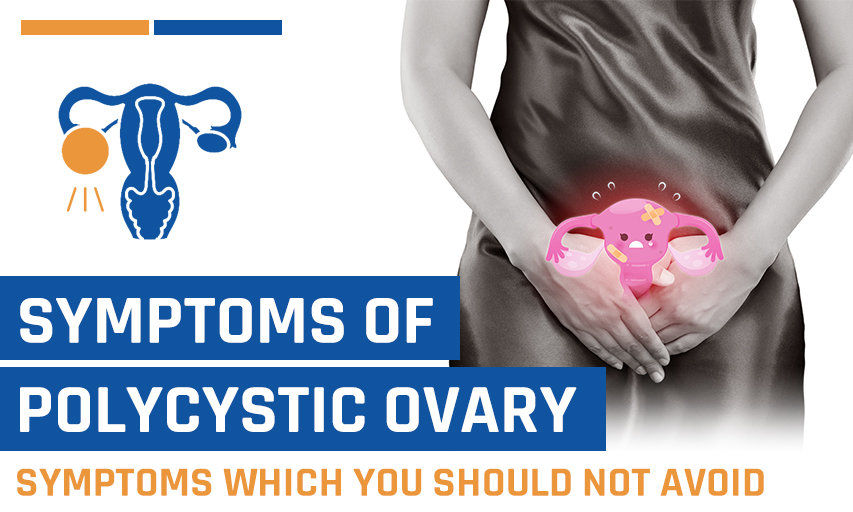
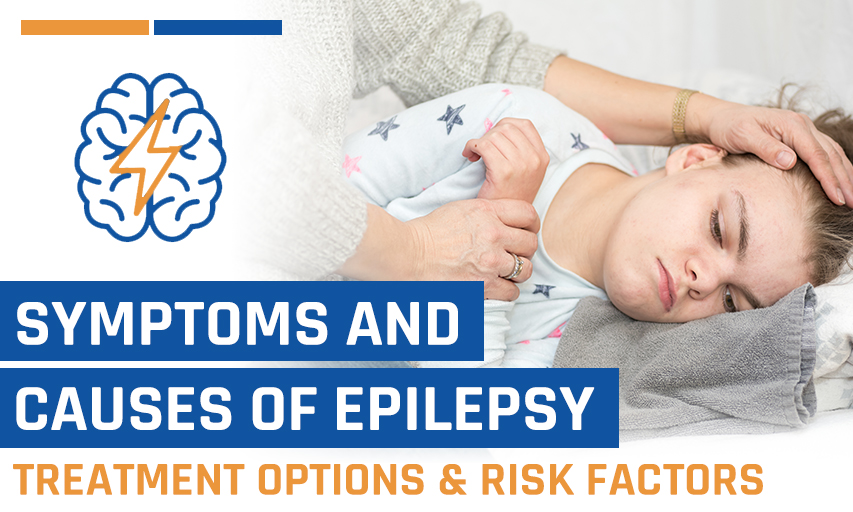
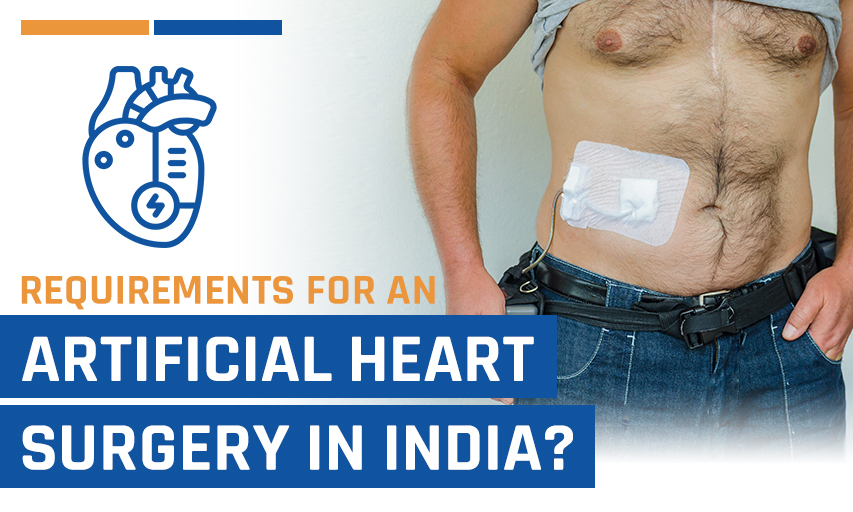
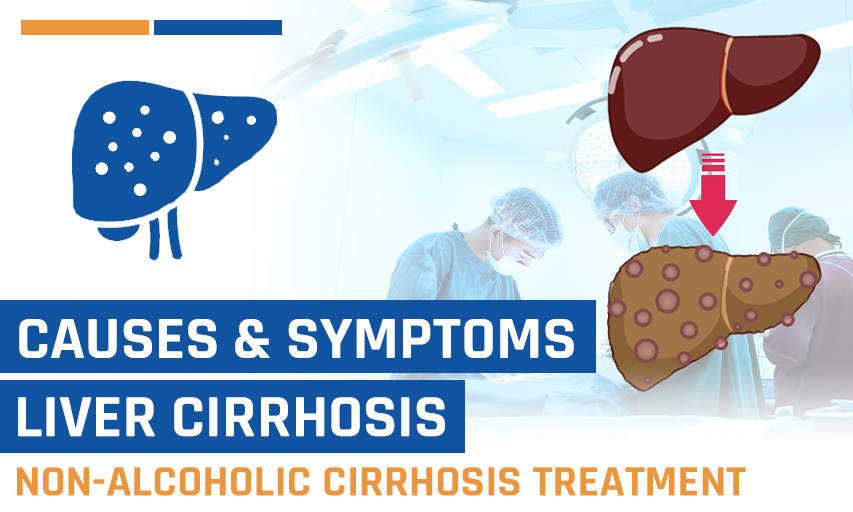



Be First To Comment
Leave a Comment